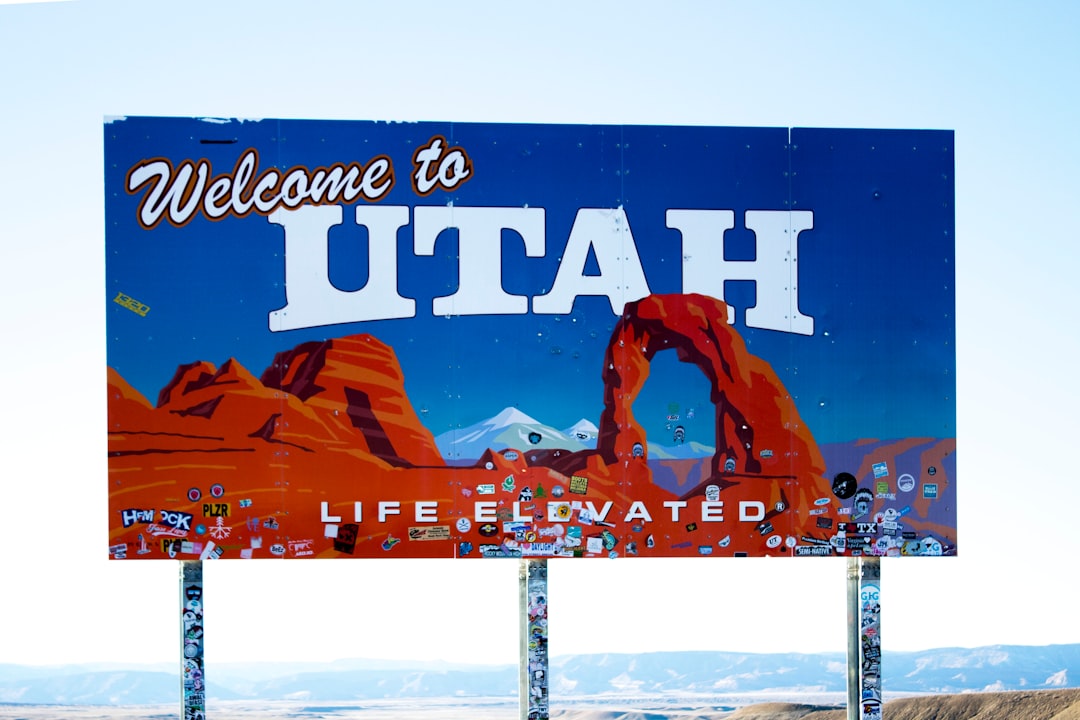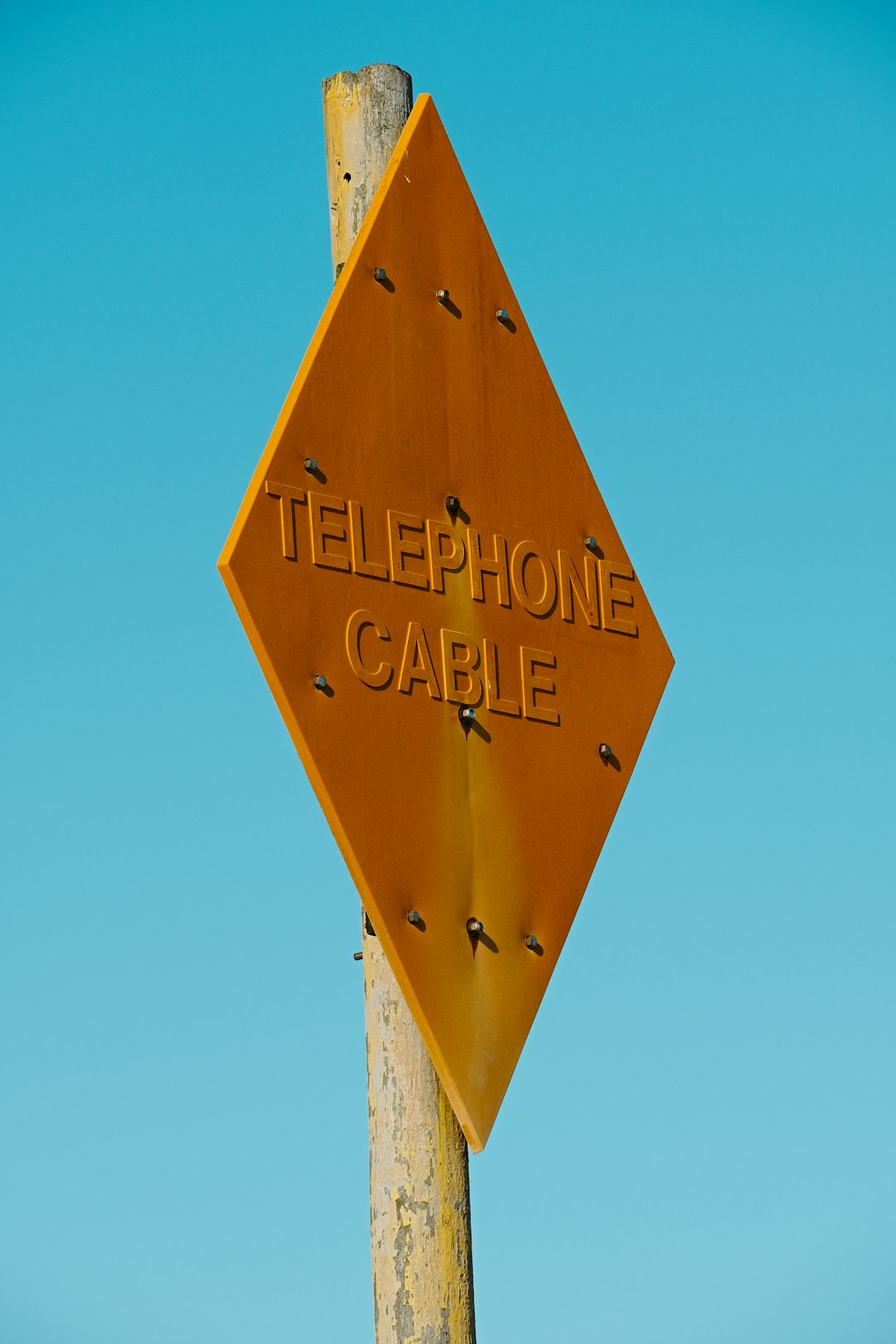In Hyrum, Utah, both state and federal laws govern Do Not Call regulations, primarily aimed at protecting consumers from unwanted telemarketing calls. Businesses must understand and follow these rules, as violations can lead to significant penalties. Engaging a qualified Do Not Call Lawyer in Utah ensures compliance with the Telephone Consumer Protection Act (TCPA) and the Utah Telemarketing Act, fostering trust, avoiding legal issues, and promoting sustainable growth.
In Hyrum, Utah, businesses must navigate strict Do Not Call laws to avoid legal pitfalls. This article serves as a comprehensive guide for companies offering alarm systems and services, ensuring compliance without compromising growth. We explore ‘Do Not Call Laws in Utah’ from a legal perspective, providing insights on how alarm system providers can thrive while adhering to regulations. Additionally, we highlight common mistakes to avoid, empowering businesses with the knowledge to stay compliant and protect their operations from potential legal issues involving Do Not Call lawyers in Utah.
Understanding Do Not Call Laws in Utah: A Legal Perspective

In Utah, the Do Not Call Laws are governed by both state and federal regulations, primarily aimed at protecting consumers from unwanted telemarketing calls. The Telephone Consumer Protection Act (TCPA), a federal law, sets broad guidelines for call centers across the nation, including restrictions on automated or prerecorded calls and requirements for obtaining prior consent before dialing. Utah’s laws further refine these federal rules, offering additional protections to residents.
Business operating in Hyrum, UT, or any part of the state, must be mindful of these regulations to avoid penalties. A Do Not Call Lawyer Utah can provide expert guidance on navigating these complex laws. They ensure that businesses comply with the TCPA and the Utah Telemarketing Act, which includes provisions for call registration, caller ID disclosure, and restrictions on certain types of calls during specific hours. By understanding and adhering to these legal requirements, companies can protect their reputation, avoid costly lawsuits, and maintain customer trust.
How Alarm System Companies in Hyrum Can Comply and Thrive

Alarm system companies in Hyrum, Utah, must navigate a landscape where “Do Not Call” laws are strictly enforced to protect residents from unwanted sales calls. Compliance is key not just to avoid penalties but also to build trust with the community. A Do Not Call lawyer Utah can provide guidance on navigating these regulations, ensuring businesses stay within legal boundaries while growing their client base organically.
To thrive in this environment, companies should focus on a multi-pronged approach. First, they must implement robust do-not-call lists and honor them diligently. Second, investing in targeted marketing strategies that respect consumer choices can be effective. This includes digital advertising, social media outreach, and partnerships with local businesses or community events to reach prospective clients without resorting to cold calls. By adopting these practices, alarm system companies can foster a positive reputation while complying with Utah’s do-not-call regulations.
Common Mistakes to Avoid: Ensuring Your Business Stays Within the Lines

One common mistake that alarm system companies make is failing to properly vet their marketing practices. In an industry where trust is paramount, using aggressive or misleading sales tactics can do significant damage to a company’s reputation and legal standing. It’s essential for businesses in Hyrum, UT to ensure their telemarketing and door-to-door sales efforts comply with state Do Not Call laws, which generally require explicit consent before contacting potential customers.
Another area where alarm system companies frequently run afoul of regulations is in the way they handle customer data and privacy. Utah’s privacy laws mandate that businesses safeguard sensitive information like names, addresses, and phone numbers. Companies must implement robust security measures to protect this data from breaches or unauthorized access, not only to avoid legal penalties but also to maintain customer trust. Alarm system companies should be transparent about data collection and usage practices in their terms of service and ensure they have obtained proper consent for any marketing initiatives.






